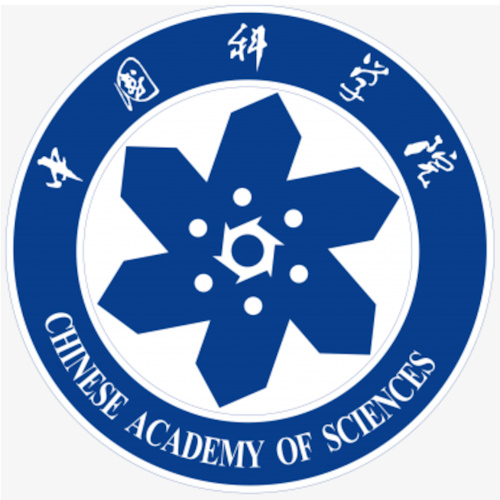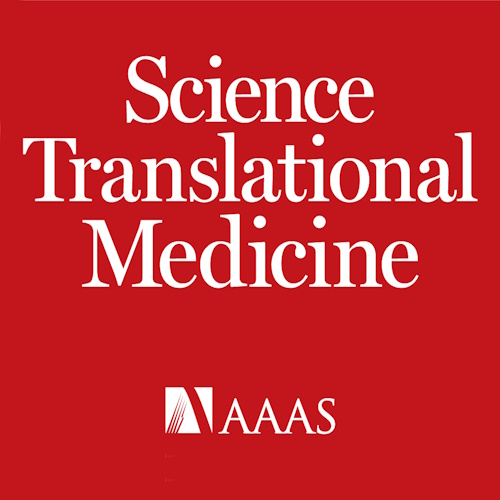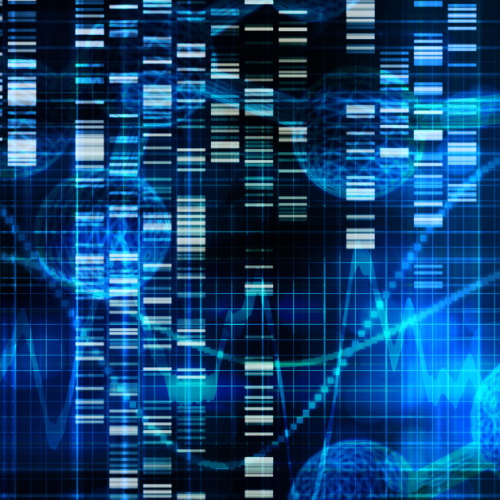Key points from article :
A new gene therapy which reverses effects of ageing in mice and findings may contribute to similar treatment for humans.
The method involves inactivating a gene called kat7 which the scientists found to be a key contributor to cellular ageing.
“Mice after 6-8 months improved appearance, grip strength and extended lifespan for about 25%,” - Qu Jing, co-author of the study.
Used CRISPR/Cas9 method to screen thousands of genes which were strong drivers of cellular senescence.
Kat7 is one of tens of thousands of genes found in the cells of mammals.
Researchers inactivated it in the livers of the mice using a method called lentiviral vector.
“We tested the function in the human stem cell, mesenchymal progenitor cells, human liver cell and the mouse liver cell and we didn’t see any detectable cellular toxicity,” Qu.
To test on primates next, would require a lot of funding and much more research first.
Research by Chinese Academy of Sciences published in Science Translational Medicine journal






